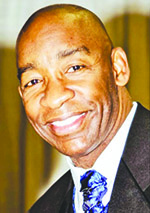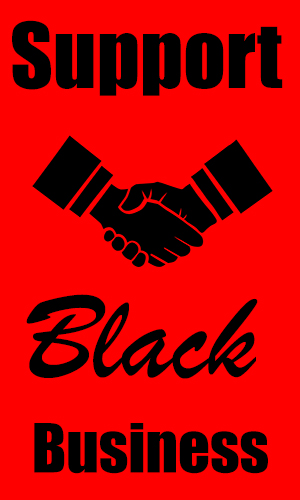

There is not a person in the world who is without some form of doubt. It doesn’t matter what religion you subscribe to or what faith you practice. Now, for believers in Christ, doubt is a real issue. It raises questions such as: is it spiritually or biblically wrong to have doubts? Is it a sin like worry and fear? Is doubt the same as unbelief? Today’s lesson on John 20:24-29 will attempt to answer these questions:
24Now Thomas (called Didymus), one of the Twelve, was not with the disciples when Jesus came. 25 So the other disciples told Him, "We have seen the Lord!" But he said to them, "Unless I see the nail marks in his hands and put my finger where the nails were, and put my hand into his side, I will not believe it." 26 A week later his disciples were in the house again, and Thomas was with them. Though the doors were locked, Jesus came and stood among them and said, "Peace be with you!" 27 Then He said to Thomas, "Put your finger Here; see my hands. Reach out your hand and put it into my side. Stop doubting and believe." 28 Thomas said to Him, "My Lord and my God!" 29 Then Jesus told Him, "Because you have seen me, you have believed; blessed are those who have not seen and yet have believed."
Thomas was not present when the disciples first encountered Jesus. So, the disciples informed him of their encounter, but Thomas became stiff-necked and obstinate in his doubt. He argued intensely against their testimony. The depth of his aggravation is seen in his repulsive shout: But he said to them, "Unless I see the nail marks in his hands and put my finger where the nails were, and put my hand into his side I will not believe it."
Now, for three years Thomas had followed Jesus. He had no trouble with any of Jesus’ prior acts of miracles, signs and wonders. However, the stumbling block for Thomas, and for most people is the Resurrection. Now, doubt can work for you or against you. It is not spiritually or biblically wrong, initially. It also doesn’t necessarily mean you are an unbeliever. For there is a difference between unbelief and doubt.
Doubt means to have a divided judgment; you have at least one stumbling block. You have two minds about a matter. You are perplexed. You are trying to believe but you need some more evidence. Are you aware that your scientific and intellectual doubts can rob you of blessings and opportunities if you do not allow the word of God to have precedent over these positions? It may sound sophisticated and intellectual to have these sophisticated and intellectual questions, but such questions are usually evidence of hard hearts, not of searching minds. It is evidence of not yielding to God’s supreme position of authority. We must remember that these kinds of doubts attempt to prevent our current faith from becoming our perfect faith.
Now on the other hand, unbelief means to have a mental attitude opposed to the truth and therefore inclined to reject it. This is what happens when you allow your doubts not to surrender to the word of God. You have the facts, some which are clearly answered and then some which require an act of faith such as the Resurrection. There are physical and scientific difficulties in believing that Jesus was raised from the dead; however, we must remember nothing is impossible for God. Keep in mind, your doubt can become unbelief and unbelief is unacceptable to God.
To learn more about the FOUR BREAKTHROUGH STEPS TO CONQUER DOUBTS, Like us on Facebook https://www.facebook.com/FMBC.CONCORD/ or follow me on Twitter: @HerbRhedrick
